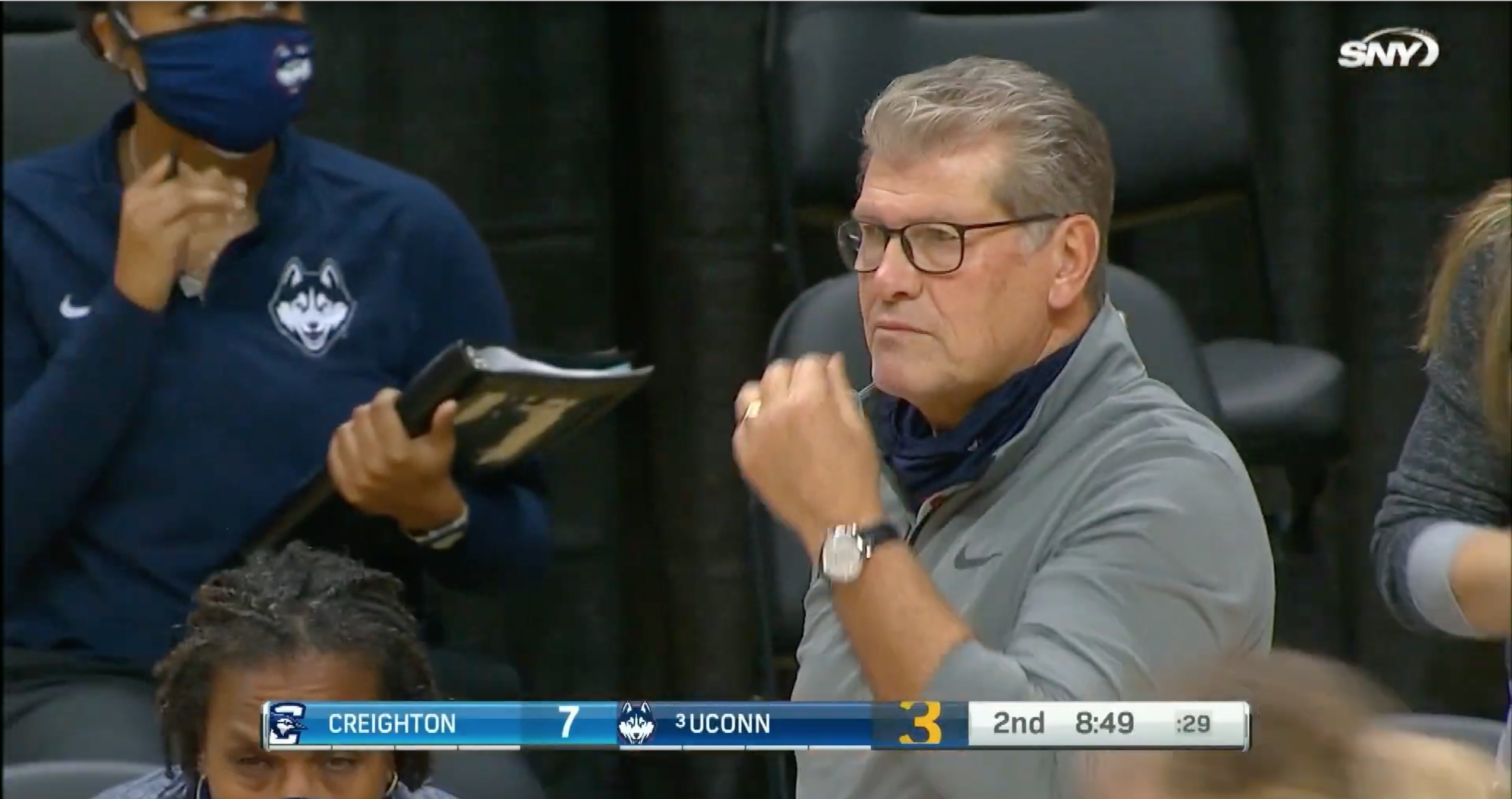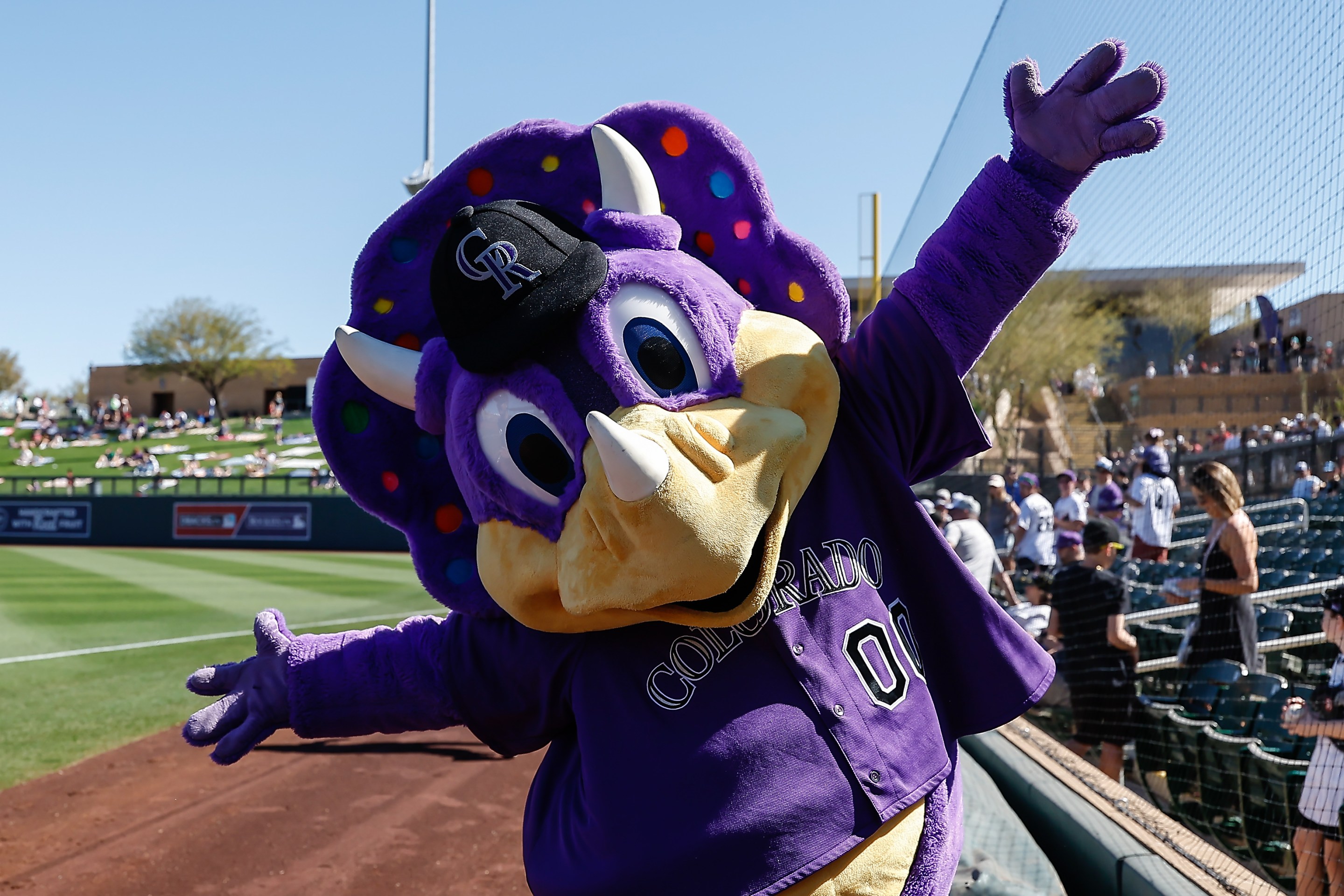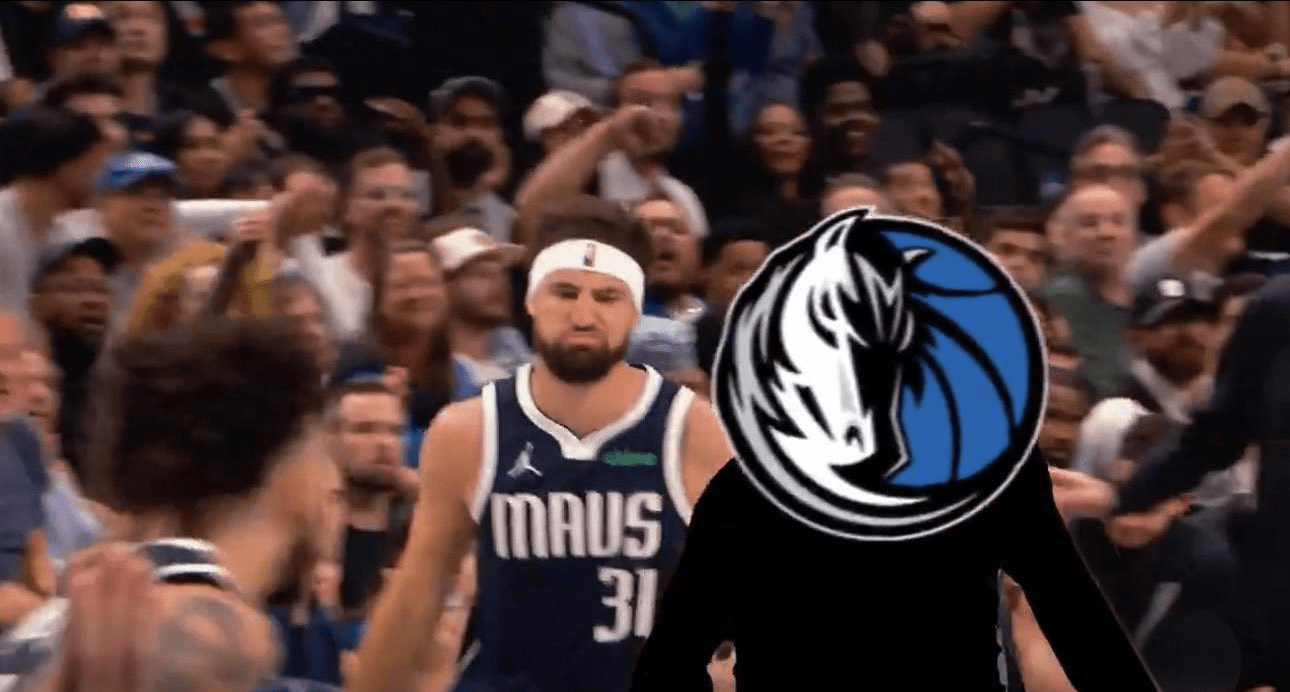We have an abundance of caution this year. That, anyway, is the pastoral image this now-pervasive bit of pandemic bureaucraspeak brings to mind. My Ma and Pa rise at dawn to till the soil and plant the caution seeds. We celebrate good rains for the caution harvest. Come fall, caution spills from a cornucopia at the center of the dinner table. There is so much caution we don’t know what to do with it all. We blend caution into soups, boil it into jams, toast it and slather it with butter, freeze the rest for later. We gorge ourselves on caution until we have stomachaches at the end of the night.
Back in mid-March, when “an abundance of caution” was already beginning to grate, The Cut’s Bridget Read wrote of the peculiar way the phrase “implies politeness and restraint instead of flailing panic. … Behind the loveliness of the word 'abundance' lurks something far more sinister, an irony which turns nearly cruel when you consider the material scarcity it camouflages.” Nine months later, the era of bare shelves and toilet paper hoarding over, the phrase has evolved to perform a different, more grand kind of rhetorical sleight. It is now almost exclusively employed in cases where the reality is the literal opposite, where there is not an abundance of caution but a complete lack of it.
In other words, the phrase has become its own neat little lie, one the athletic-industrial complex is all too willing to tell. Just in the last month, it has reflected "an abundance of caution" to prohibit fans at Indiana Pacers games this season, to cancel Duke men's basketball's non-conference schedule, to hold Michigan football practices virtually as an outbreak ripples through the program, and to postpone a Ravens-Steelers game when over a dozen Baltimore players are on the COVID-19 reserve list. Here's the one that broke me: "Out of an abundance of caution," a referee exposed to the virus at another game earlier in the week was removed from the sideline of a Creighton-UConn women's basketball game last Thursday, two quarters after it had started.
Per UConn, on what happened to the game's third referee after halftime.
— Alexa Philippou (@alexaphilippou) December 18, 2020
"We became aware of a possible exposure from a game she officiated earlier in the week. Out of an abundance of caution, she was removed from the game."
None of these measures represents an excess of caution. They represent the barest minimum of caution, if any at all. Only the most pompous, self-satisfied institution in the world could remove a person exposed to a contagious virus from an in-progress game it sanctioned—one in which an indoor, contact sport is being played without a bubble—and then present this whole episode as evidence that caution is its real priority. If the entire pandemic response strategy comprises hastily pulling people off fields and postponing games that don't need to be played at all, "belated" and "insufficient" ring a lot truer than "abundantly cautious." I have toured the local caution silos, surveyed the national caution reserves, and am sorry to report that we have, in fact, a famine on our hands.
The hope, presumably, of leagues and their spokespersons is that everyone will be so assured by these Very Serious Pronouncements of professionalism and good sense that they will neglect to simply take two steps back to see that what governs the broader enterprise of sports in America right now is not caution, but recklessness. Just ask the Big Ten: You cannot responsibly pursue the irresponsible. The only thing disguising extreme willfulness as extreme care accomplishes is to shift the Overton window such that any meaningful response to COVID-19 is seen as a needless imposition. In a country already unsure of the difference between a reasonable public health measure and tyranny, this is probably the very worst thing to do.
The whole operation is not much more sophisticated than someone socking you in the eye and then declaring that, out of an abundance of caution, they will lend you a bag of frozen peas. Something abounds, all right. It isn’t caution.





